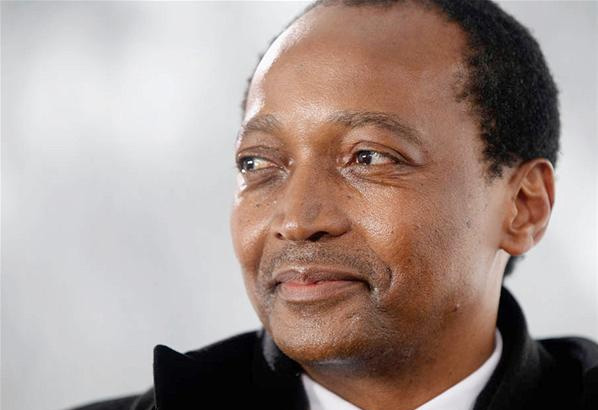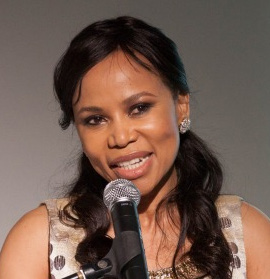



Born in Soweto in 1962, South African magnate Patrice Motsepe early on proved himself a business asset as a youngster helping out in his father’s small grocery store in a mining community. “My father used to say that the family made a lot more money when I worked behind the counter, which I was doing from the time I was about five years old,” Motsepe recounted in a recent interview. And because his parents gave away groceries to their poorer customers and even paid school fees for some of children, he was also exposed to Ubuntu—the African belief that one’s well-being and happiness depends on the wellbeing and happiness of others.
Those were formative experiences for Motsepe, who went on to earn a law degree from the University of the Witwatersrand in Johannesburg and began practicing corporate law in 1994, the same year that Nelson Mandela was elected president. Benefitting from South Africa’s black economic empowerment laws which mandated that companies be at least 26 percent black-owned in order to gain a government mining license, Motsepe founded African Rainbow Minerals, the country’s first black-owned mining company, and grew it rapidly through a series of acquisitions. Today with a net worth estimated at $3 billion, he is South Africa’s richest man and its first Black billionaire.
 Patrice's wife, Precious Motsepe.
Patrice's wife, Precious Motsepe.
Now Motsepe and his wife Precious, a physician, have set their sights on an even more ambitious goal: lifting their continent out of poverty. Their foundation, established in 1999, seeks to “improve the lifestyles and living conditions of poor, disabled, unemployed, women, youth, workers, and marginalized South Africans, Africans and people around the world,” according to its website. It has funded structural projects and capacity-building in schools, faith-based organizations and traditional community, leadership, women and youth empowerment initiatives, health improvement initiatives, and a major program that encourages leadership through one of the country’s most popular pastimes: soccer. (Motsepe also owns the soccer club Mamelodi Sundowns.)
In 2012 he and his wife became the first Africans to sign the Giving Pledge. “The businesses that we started or participate in also became important instruments for job creation, education, health care, poverty alleviation, and wealth creation,” he wrote in their Pledge letter. “We will continue to work with and encourage Governments on the African continent to implement fiscal, legislative, anti-corruption, and other measures to ensure that their economies are globally competitive and attractive to private sector and other business investments.”
Recently, Motsepe has doubled down on a commitment to help South Africans out of poverty with low-cost loans and development support for sustainable micro-enterprises. In 2013 he announced the creation of a local community investment fund to be used mainly to underwrite sustainable new business ventures in two rural areas of Cape Town. The $1.2 million donation was designated to be spent over a year-long period "because sometimes you find amounts of money stuck in a bank are not used while people go hungry,” he said. The foundation also announced plans to spend about $50 million over the next few years across South Africa on education, women- and youth-owned businesses, and other initiatives.
Some critics have argued that Motsepe might exercise his philanthropy more even-handedly by raising wages for mine workers, who are notoriously badly paid. Motsepe, for his part, has argued that mining companies cannot afford to pay more and don’t get sufficient credit for their good work. Meanwhile, the increasingly public figure made headlines at the end of 2014 for a personal purchase of a $6 million luxury Cape Town retreat.
Still, Motsepe believes that Africans can lift Africa out of poverty. “There is a new generation of Africans that have studied in different places, such as France, the US, the UK, and who have returned to the continent with a wealth of experience and knowledge,” he says. “I am excited when I meet these people across the continent and believe that they will provide the energy, passion and enthusiasm to drive Africa forward. The future of this continent is looking very promising in the hands of these dynamic entrepreneurs.”